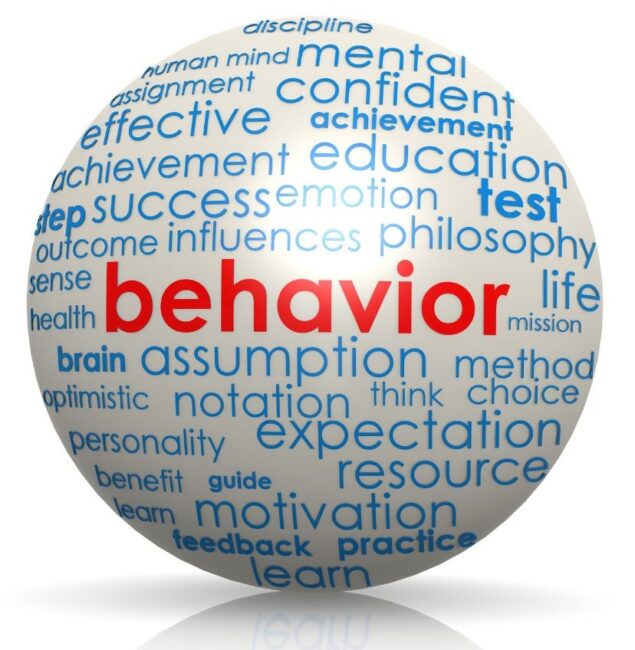Health & Well-Being
Health & Well-Being
The Extension Institute for Health & Well-Being works to catalyze positive change in Wisconsin communities to promote health and well-being. Our research-based programs are focused on food and nutrition security, chronic disease prevention, mental health promotion, substance use prevention, and access to health care. Rooted in both urban and rural communities, we’re working together to help solve the state’s most pressing well-being needs and to ensure that all Wisconsinites have the opportunity to live stronger, healthier lives.

Behavioral Health
Working with local leaders to create healthier communities by building community skills, tools and resources to promote health.
- WeCOPE (Connecting with Our Positive Emotions) is an evidence-based interactive program that helps adults to cope with life stress.
- COMET (Changing Our Mental and Emotional Trajectory) is a gentle introduction to supporting friends and neighbors in a vulnerable space to help them shift their mental health trajectory back to a place of wellness.
- Eight Ways to Wellness teaches participants about the eight dimensions of wellness that integrates physical, mental, and spiritual well-being.
- SLEEP (Sleep Education for Everyone Program) can help improve the quantity and quality of sleep to support optimal health and well-being.

Healthy Eating & Active Living
Helping communities provide accessible and safe physical activity spaces and food sources.
- StrongBodies™ is a 10–12 week exercise program for midlife and older adults. Each class includes progressive weight training, flexibility, and balance activities. This program catalyzes positive change in people to live stronger, healthier lives by providing knowledge, inspiration, and support.
- Pressure canner testing, research-tested recipes and tips for safely preserving the bounty of your farm or garden.
Finances
 Encouraging Financial Conversations
Encouraging Financial Conversations
Encouraging Financial Conversations is a program designed for case managers, social workers, and other frontline staff to help empower clients to achieve their financial goals and manage their money. Participants will learn techniques and strategies to help their clients create a financial goals action plan, build and maintain good credit, pay off debts, develop a spending and savings plan, and protect themselves from fraud and identity theft. Participants will also learn coaching strategies that capitalize on a client’s strengths and resources in coming up with solutions
Rent Smart

Rent Smart is designed for people with little or no rental experience or those that have had difficulty obtaining rental housing.
What you will learn:
– Planning for and meeting monthly expenses
– Tips for finding and maintaining affordable housing
– How to complete an application and why landlords screen applicants
– Strategies for building positive relationships with landlords and neighbors
– Responsibilities and rights of landlords and tenants
Modules are also available as 1) self-paced, 2) self-paced with financial coaching, and through Rent Smart teams’ live virtual sessions. If you wish to take advantage of the financial coaching support please contact an educator.
Current Sessions: For the live, virtual Rent Smart sessions, register here: https://go.wisc.edu/Rentsmartregister
Mindful Money Moments Facebook
Check out financial tips at the Mindful Money Moments Facebook page:
https://www.facebook.com/watch/HDRInstitute/525304271514425/
Managing Your Personal Finances in Tough Times
This website is designed to share trusted resources used or developed by Wisconsin Extension Financial Education professionals. It is designed to help people make sound financial choices in tough times. All materials are free for personal use.
UW Madison, Division of Extension has financial educators who can help you find resources and come up with a personal plan.
Find contact information for a Extension financial educator by clicking on this link. You can also contact Extension Sauk County to talk with our local financial educator or get connected to resource.
https://fyi.extension.wisc.edu/toughtimes/
Money Matters
https://fyi.extension.wisc.edu/moneymatters/
Money matters is a program designed to improve your financial habits. Through this course, you will gain money management skills and build knowledge you can share with your family and friends. The course is offered both online and through county offices.
It comprises of a series of ten modules including:

- Your Financial Strengths
- Explore Credit Scores and Credit Reports
- When You Can’t Pay Your Bills
- Making a Spending Plan
- Staying Organized
- Retirement Planning Basics
- Health Insurance Options for Wi
- How Health Insurance Works
- How to Save Money Using Health Insurance
- Managing Student Loans; May 12th Recording – https://youtu.be/h3jKqtHy4FM Resource List: Managing Your Student Loan Resource Links
*After finishing the course through the online modules, you can receive a certificate of completion if you meet the requirements.
Modules are also available as self-paced and self-paced with financial coaching; if you wish to take advantage of the financial coaching support please contact a local educator.





